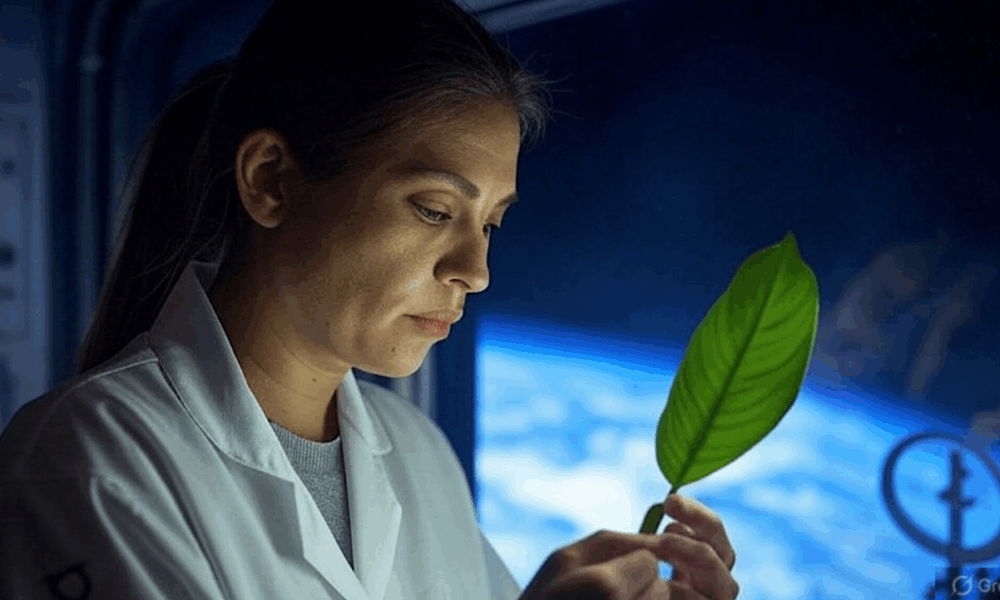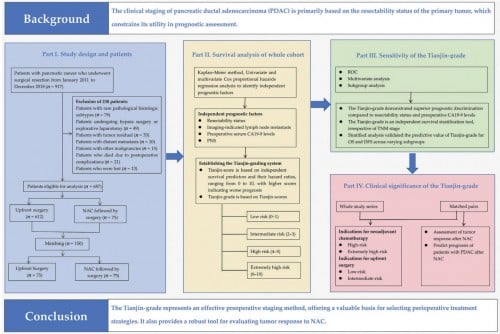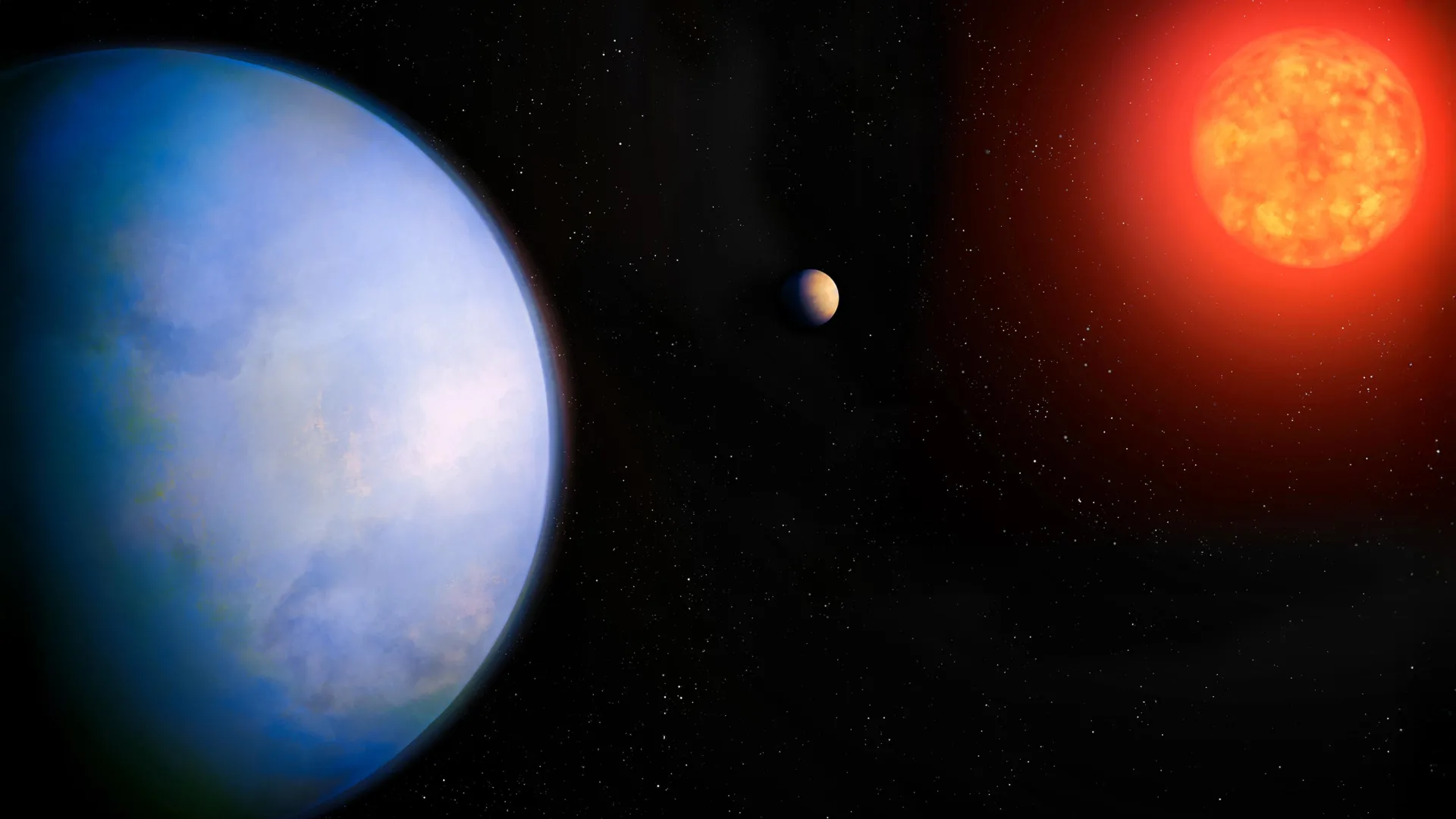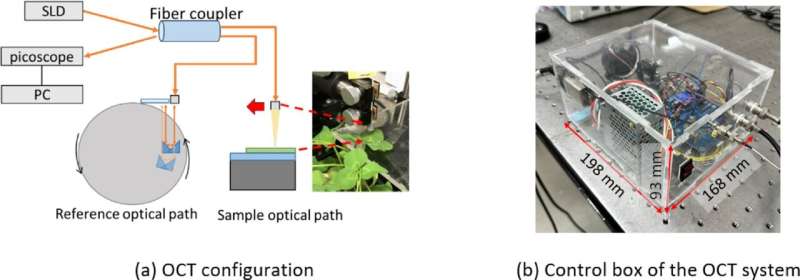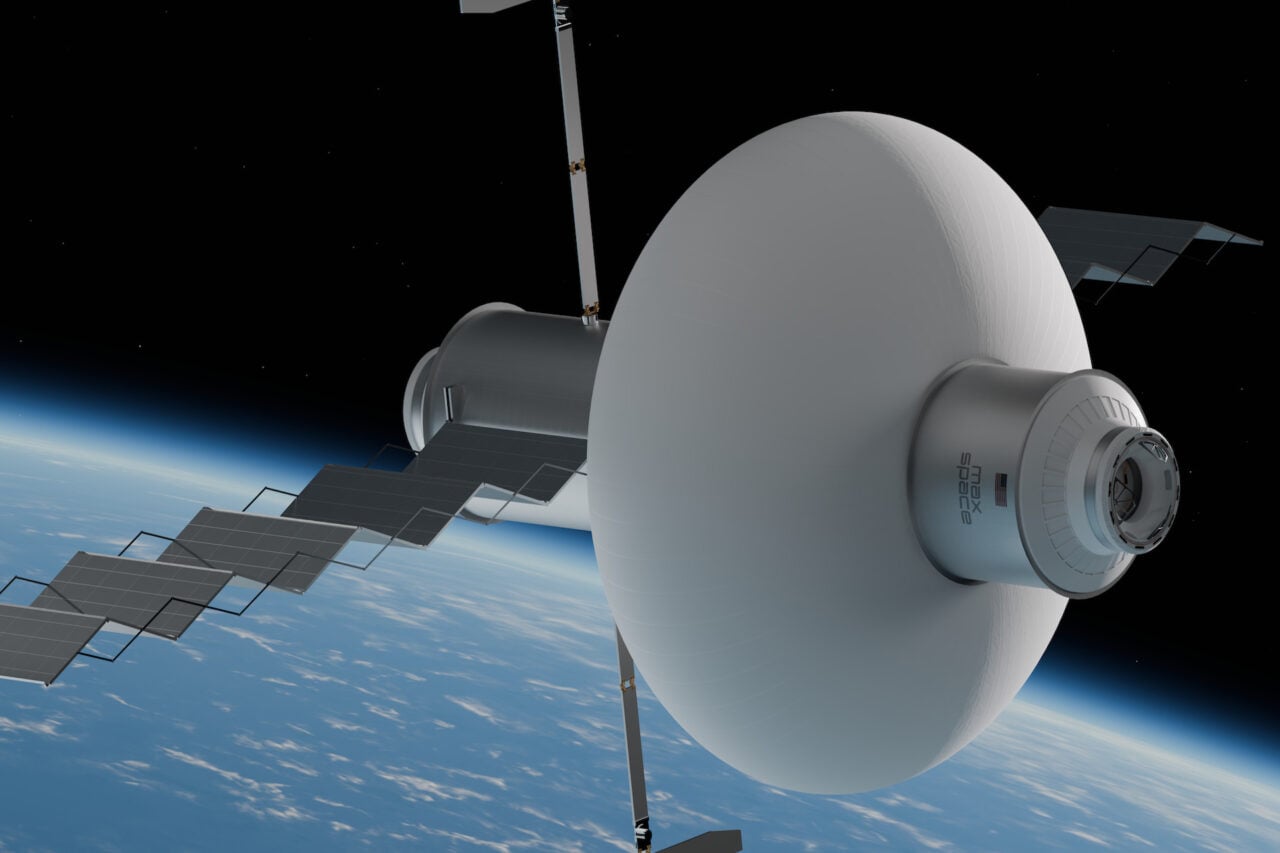NASA has published its latest findings in the realm of space life sciences, detailing significant research results relevant to astrobiology, space biology, and space medicine. This update, known as the NASA Spaceline Current Awareness List #1,169, was released on October 10, 2025, and presents a summary of studies conducted in microgravity environments, particularly aboard the International Space Station (ISS).
Research in space life sciences is crucial for understanding how living organisms respond to the unique conditions of space. The findings discussed in this latest list include insights that could inform future missions, including long-duration human spaceflight. The studies range from the effects of microgravity on human health to the potential for sustaining biological life beyond Earth.
Key Research Highlights
The list includes links to abstracts available on PubMed and other publisher sites, providing broader access to the research community. This initiative aims to keep scientists and interested parties informed about developments that may have implications for both current and future space missions.
Among the studies highlighted, research into the physiological adaptations of astronauts during extended stays in microgravity environments is particularly noteworthy. These investigations are essential to ensure the safety and health of crew members as missions extend beyond low Earth orbit.
Furthermore, the research contributes to understanding fundamental biological processes that could aid in the search for life on other planets. By examining how various organisms adapt to extreme conditions, scientists can draw parallels to potential extraterrestrial environments.
The Importance of Continued Research
NASA emphasizes the significance of ongoing research in space life sciences as critical for the success of future exploratory missions. As humanity aims for deeper space exploration, including missions to Mars and beyond, understanding the effects of long-term exposure to microgravity becomes paramount.
This latest publication serves not only as a resource for researchers but also underscores NASA’s commitment to advancing our knowledge of life sciences in space. With each study, the agency gathers valuable insights that could shape policies and practices for human space exploration.
The findings presented in the Spaceline Current Awareness List reflect a collaborative effort among scientists from various disciplines, aimed at enhancing the understanding of how life interacts with the harsh realities of space. As the field evolves, NASA continues to lead in providing critical data that supports both current space missions and future exploratory aspirations.

